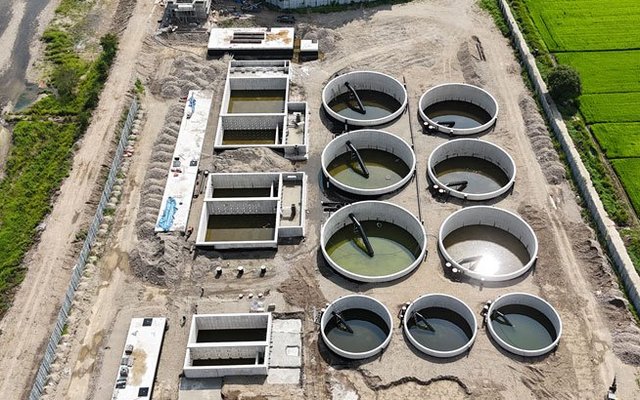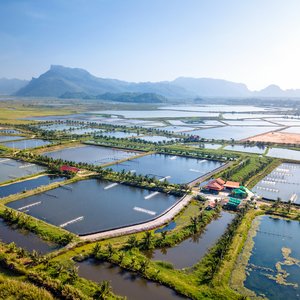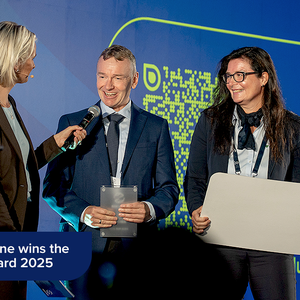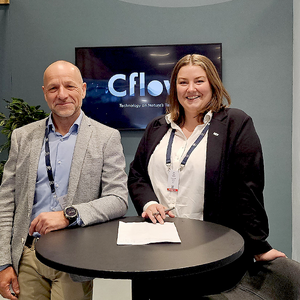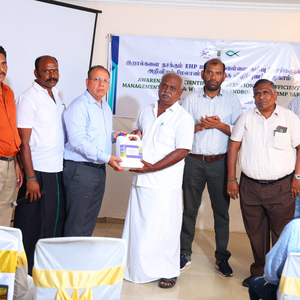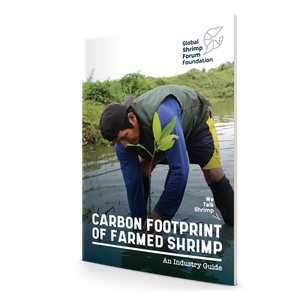The Norwegian technology company Normex has signed a supply contract with Mirae Aquafarm – a land-based salmon farming facility in Pohang on South Korea’s east coast. The agreement represents the company’s first major venture in the region.
The contract includes the delivery and installation of the Razone water treatment system throughout the facility. Once completed, the farm will have a production capacity of 10,000 tons of salmon per year. In addition to the core delivery, Normex will also supply solutions for wastewater, intake water, and pre-harvest purification (purge).
“This is a strategic milestone for us. It confirms the international relevance of our technology,” says Stig Ove Johansen, CEO of Normex.
Razone is a high-tech water treatment system developed specifically for RAS-based aquaculture facilities. The system removes microparticles, reduces microbiological load, and ensures consistent water clarity, enabling stable production conditions, good fish health, and efficient biomass utilization with reduced risk.
“The market is looking for solutions that combine sustainability, biosecurity, and operational efficiency. Razone directly meets these demands. On top of that, the system can be remotely monitored, giving us a strong platform for further international growth,” Johansen says.
Mirae Aquafarm CEO, Suhyung Cho, mentioned: “We’ve spent considerable time finding the right partners, and we look forward to working with Normex on this ambitious project.”
This South Korean venture is a direct result of Normex’s participation in Innovation Norway’s global growth program – a targeted initiative that has provided the company with valuable market insight and access to key decision-makers in the region. Normex has reported: “We have started a partnership with Korean company Aquapro Ltd., which will serve as the local representative and technical support partner.”
“With Aquapro on board, we’re strengthening our presence in Southeast Asia. We’ve already launched new projects together and see significant potential for further expansion in the region,” Johansen concludes.


